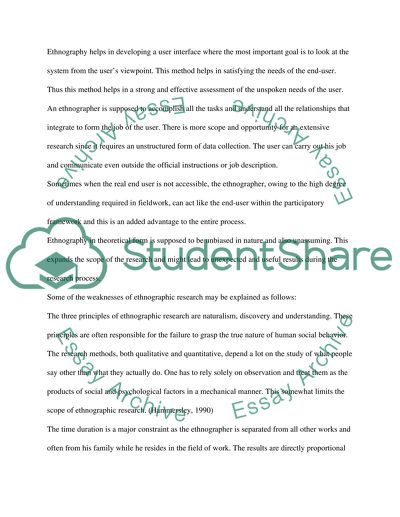Cite this document
(Strengths and Weaknesses of Ethnographic Research Coursework, n.d.)
Strengths and Weaknesses of Ethnographic Research Coursework. https://studentshare.org/anthropology/1544535-ethnographic-interview
Strengths and Weaknesses of Ethnographic Research Coursework. https://studentshare.org/anthropology/1544535-ethnographic-interview
(Strengths and Weaknesses of Ethnographic Research Coursework)
Strengths and Weaknesses of Ethnographic Research Coursework. https://studentshare.org/anthropology/1544535-ethnographic-interview.
Strengths and Weaknesses of Ethnographic Research Coursework. https://studentshare.org/anthropology/1544535-ethnographic-interview.
“Strengths and Weaknesses of Ethnographic Research Coursework”. https://studentshare.org/anthropology/1544535-ethnographic-interview.


